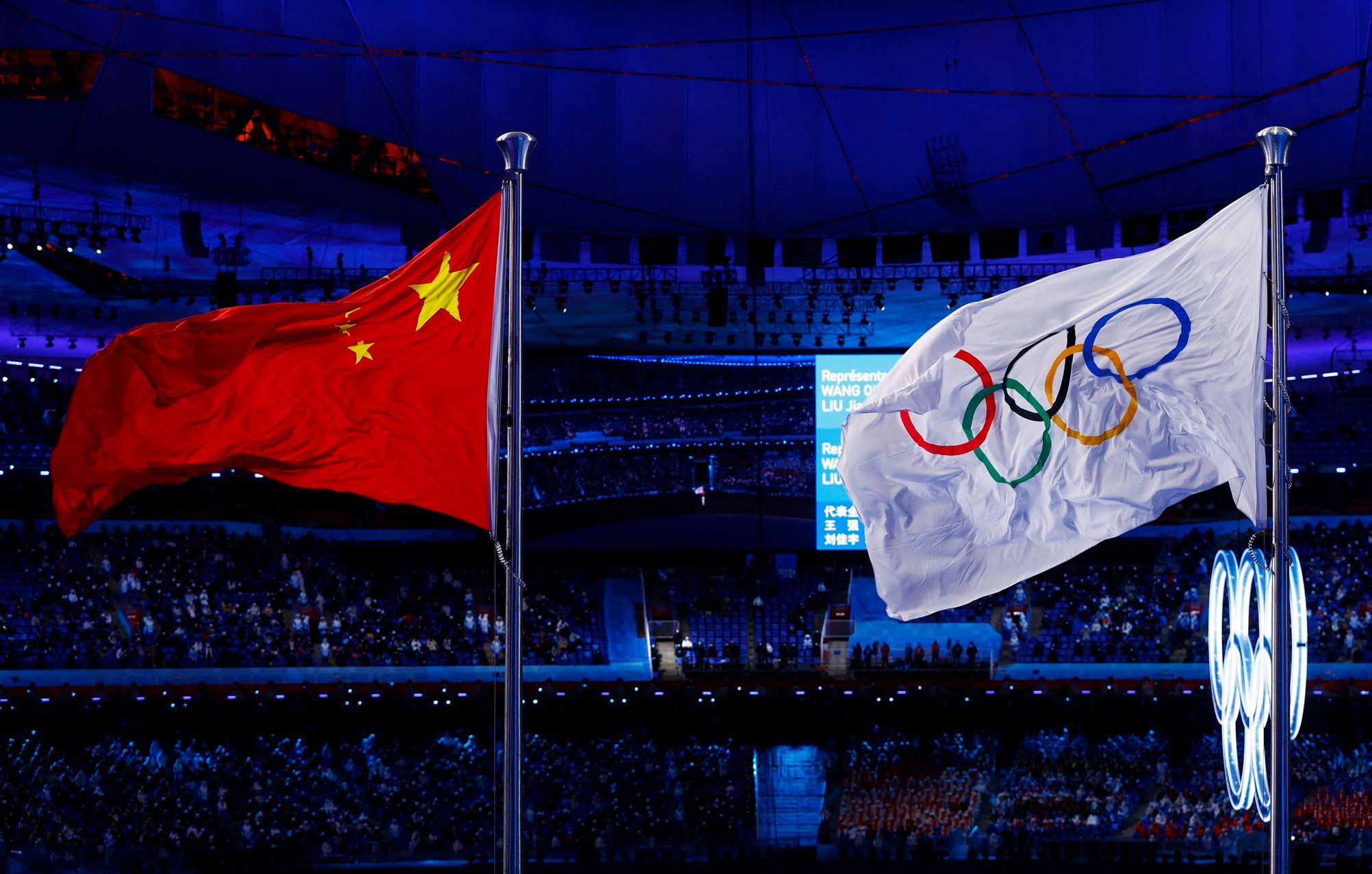This is existential. Which is to say, it’s about the existence of my party. The Labour Party. Ireland’s oldest political party.
I don’t know what happened to Alan Kelly and why it happened. I know there was deepening unease about the direction of the party, but I don’t know what actually triggered his colleagues to go to him the way they did.
Nor indeed do I know why there seemed to be so little fight in him. It seemed out of character.
Since Alan Kelly became leader, he devoted enormous energy to the job of changing the party’s fortunes.
Nothing changed. It’s clear that he found the decision to quit hard and painful. It’s impossible not to have enormous human sympathy for him.
But if I’m honest, in the aftermath I’m worried more about my party.
I call it mine because every member of the Labour Party, from its very beginning, has had a personal stake.
In Labour, democracy is central to existence. Right now, that very existence is deeply threatened.
Two stark questions hang over us. Does my party have a future? Is my party still relevant?
I’ve always believed that the last thing any organisation needs (usually anyway) is advice from its formers.
There’s nothing more irritating than an old guy in the corner talking about “how we used to do things in my day”.
I stopped working for the party a long time ago, and from that day to this, my resolution has been to mind my own business, and to do only whatever I was asked to do. (Which hasn’t been an awful lot, to be honest.)
But here’s the thing. Despite my endless vigour and youthful appearance, I’ve been a member of the Labour Party for half a century.
It has always mattered to me and shaped me. Its core values of democratic participation, the elimination of inequality and the building of community and solidarity mean as much to me as they did when I was 20.
Its commitment to social and economic rights and to a central role for the state in economic development and justice are still the best possible prescription for a country that respects its young and old and that fights to end dispossession and discrimination.
It was one of the great privileges of my life to work full-time for the party for the best part of 20 years, and to participate in some of the extraordinary changes to which the party contributed.
I’ve always been prepared, I hope, to acknowledge the contribution made by other political philosophies and approaches.
Politicians I never voted for were central in Ireland arriving at economic adulthood, in developing a decent and (almost) sufficiently free education system, in creating the conditions for peace in Ireland, in enabling Ireland to overcome its history to become a proud European nation.
But my party, at different times in its history, was also extremely influential in leading change.
Fifty years ago, Frank Cluskey changed forever Ireland’s approach to single families and disadvantage.
Labour was enormously instrumental in all the major housing drives from the 1930s onwards, even at times when Ireland was in deep economic difficulty.
The party was perhaps never more instrumental than in the late 80s and 90s when Dick Spring did daily battle with Charles Haughey and sparked an era of fundamental and far-reaching social reform that began with the election of Mary Robinson.
And we contributed more than our fair share to the ending of violence in Northern Ireland.
That’s a very potted and incomplete history of course, and no doubt contestable. What isn’t contestable, I think, is that Labour lost its way in 2011.
My party took the painful and dutiful decision to enter government at a time when the country was in political and economic despair.
But we did so after an election in which we had made promises that were impossible to keep. We participated — it often seemed with gusto —
in a government marked by unavoidable but harsh austerity.
We made disastrous decisions in relation to housing, water charges, and other things — or to be more accurate, we managed those decisions appallingly badly.
In the intense pressures of the times, those in government lost complete touch with the people they sought to represent.
Labour has never been forgiven for that. And a heavy price has been paid in other ways.
Although it was only 10 years ago, except for Brendan Howlin, not one of the senior Labour people appointed to the Cabinet in 2011 is still a member of the Oireachtas.
We’ve almost entirely lost our self-belief, which is a key ingredient for any political organisation that wants to grow.
And Labour is caught in a pincer movement now. On the one side there is Fianna Fáil and Fine Gael, who see us as occasionally useful coalition fodder.
And on the other, there is Sinn Féin and the other left. They call themselves the radical left, I call them the hard left.
Sinn Féin is in the business of eating us up to the extent they can — nothing personal, only business — the same as they seek to do with the SDLP.
The hard left opposes Fine Gael and Fianna Fáil, but they hate us. The more our values —especially our democratic ones — are under pressure, the more gleeful they are.
At the same time, the politics I grew up with are dead, at least for now. Old-style representational politics, where the Dáil matters most, have been replaced in large measure by identity politics, by single-issue politics, by the politics of the big idea, by social media politics.
While most of our political parties have struggled to adapt to that fundamental change, no-one has seemed more out of touch with it than we have.
Which is why, I believe, at this existential moment, when Labour struggles to find relevance, we are lucky that Ivana Bacik may now become leader.
She matters in these areas —she has a profile and achievement in what one might call the new politics. And she has considerable personal characteristics — for example, she has no ministerial experience, but she has demonstrated enormous political resilience over the years, as well as building a distinguished legislative record.
I’m not saying she’s perfect. If I were her adviser (which I’m not) I’d be telling her on day one that there’s going to be a serious effort to brand her a comfortable Dublin 4 liberal.
She will need, if she gets the job, to spend her first six months travelling all over the country, taking every invitation she can get, and listening, listening, listening. Not just to her own, but to people who wonder what the hell yer one from a posh Dublin suburb is doing here.
The bad news for Ivana (if she takes the job!) is that the challenge is existential. She may be the last hope.
The good news is that 9% to 12% of the popular vote in the next election would be a triumph, a real sense that Labour had recovered its belief in its values and its willingness to fight for them.
For those of us who have always been there, that’s surely worth uniting around.
Note: This article have been indexed to our site. We do not claim legitimacy, ownership or copyright of any of the content above. To see the article at original source Click Here













